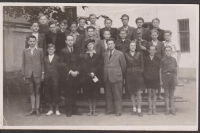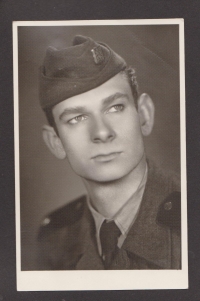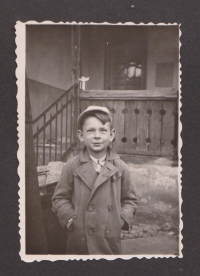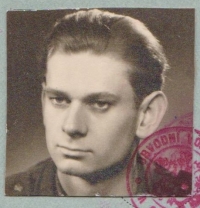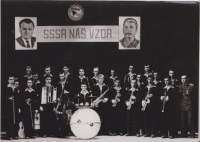Zdenko Černík was arrested by StB (State Security) in 1949 directly at school
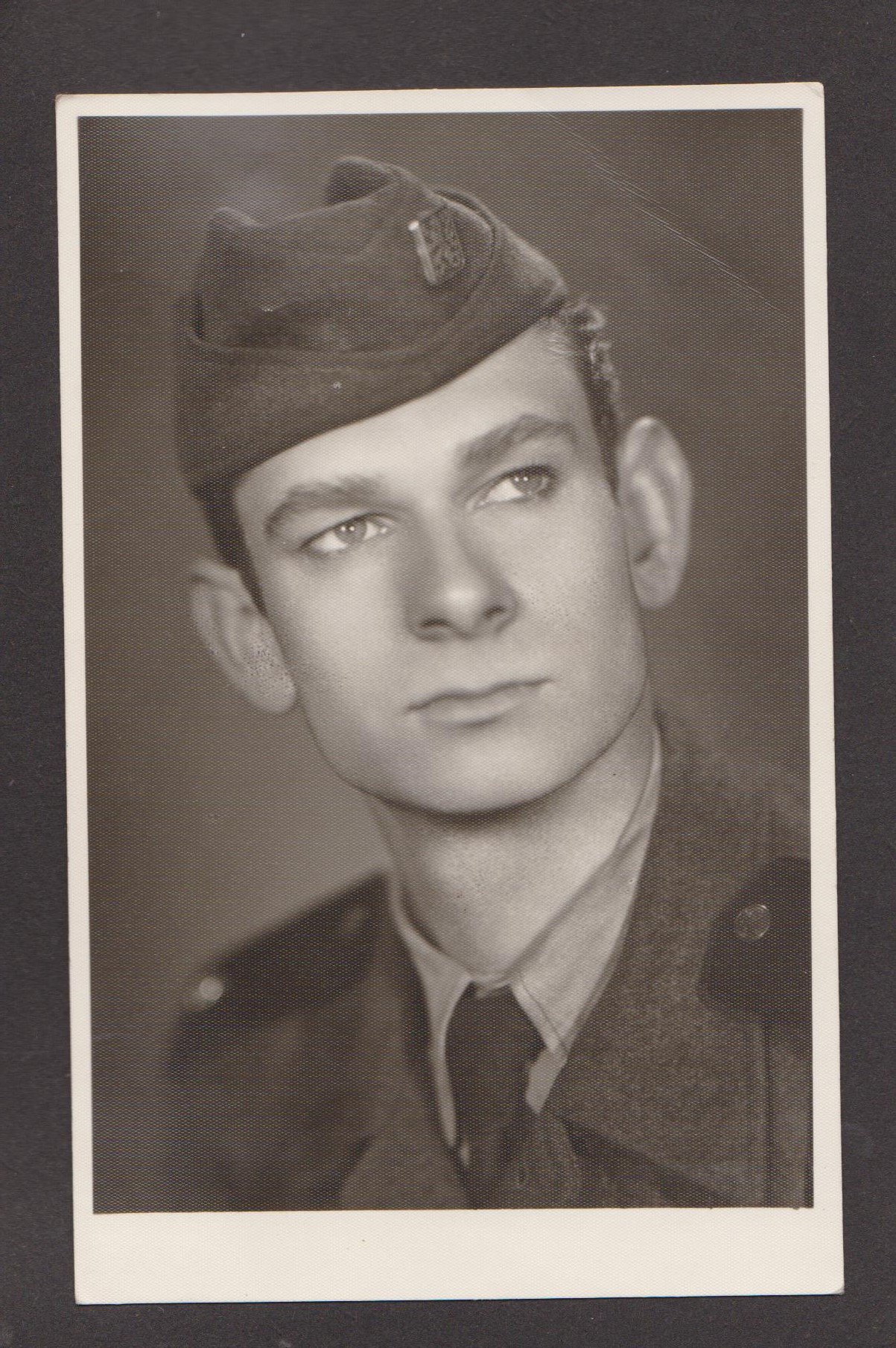
Download image
Zdenko Černík was born on September 2, 1932 in Prešov, Slovakia. His father Ondřej worked in the financial administration, his mother Věra took care of the household and during the war she was deployed in the Brno periscope factory. They had no other children. After the dissolution of Czechoslovakia in 1938, the Černíks had to move out of Prešov. During the war, they lived in Brno, where Zdenko graduated from primary school after the liberation of the Czechoslovakia and began his studies at the grammar school. With his classmates and friends, they used to go to the surrounding forests and shoot at targets with weapons captured after the war. Their activities became radicalised after February 1948. Before the May Day celebrations, they wrote anti-communist slogans on walls and roads, smashed agitation boxes or distributed anti-communist leaflets printed on cyclostyles. On the basis of a denunciation, the entire group of thirteen was arrested in the summer of 1949. Černík was taken away by the State Security officers together with three of his classmates on June 29, directly from the school. In Brno’s interrogation rooms in Příční and Orlí streets and later in the prison in Cejl, he experienced slaps and beatings with a cable across his bare feet. He had to work and knit bast shoe inserts in his cell. State Security named the group after its oldest member, Břetislav Janik. The trial took place on March 1, 1950 in Brno and handed down sentences totalling 58 years and 4 months for the crimes of treason, association against the state, espionage, unauthorised possession of weapons and sedition. The highest sentence was given to Břetislav Janík - 16 years. Zdenko Černík was sentenced to four years. On January 25, 1951, after an appeal, the Supreme Court in Prague added two more years to his sentence due to the seriousness of the crimes committed. He served his sentence in the Correctional Institute for Juveniles in Zámrsk, where he was trained as a carpenter. In November 1952, Černík was released with a five-year probation, which included the withdrawal of his civil rights (impossibility of studying, obtaining a driver’s license, etc.) In February 1953, he had to enlist in the Auxiliary Technical Battalions (PTP). He underwent military training in Most, then he was transferred to the Julius Fučík mine in Ostrava, where he was “trained” in 2 hours to become a miner with a personal standard of 7.5 tons of raked coal per day and one day off per month. Later he became a mine locksmith. After the war, Černík was able to graduate from the evening woodworking school in Brno when his wife’s acquaintance, in exchange for a bribe, erased his criminal record. He then worked at the South Moravian Timber Works in Brno. He never joined the Communist Party of Czechoslovakia, but at the beginning of normalisation in 1970 he was a member of the company’s screening committee, which assessed the individual attitude of employees towards the Soviet occupation of the Czechoslovakia. Zdenko Černík became a member of the Confederation of Political Prisoners in 1990. He was awarded as a participant in the anti-communist resistance.
